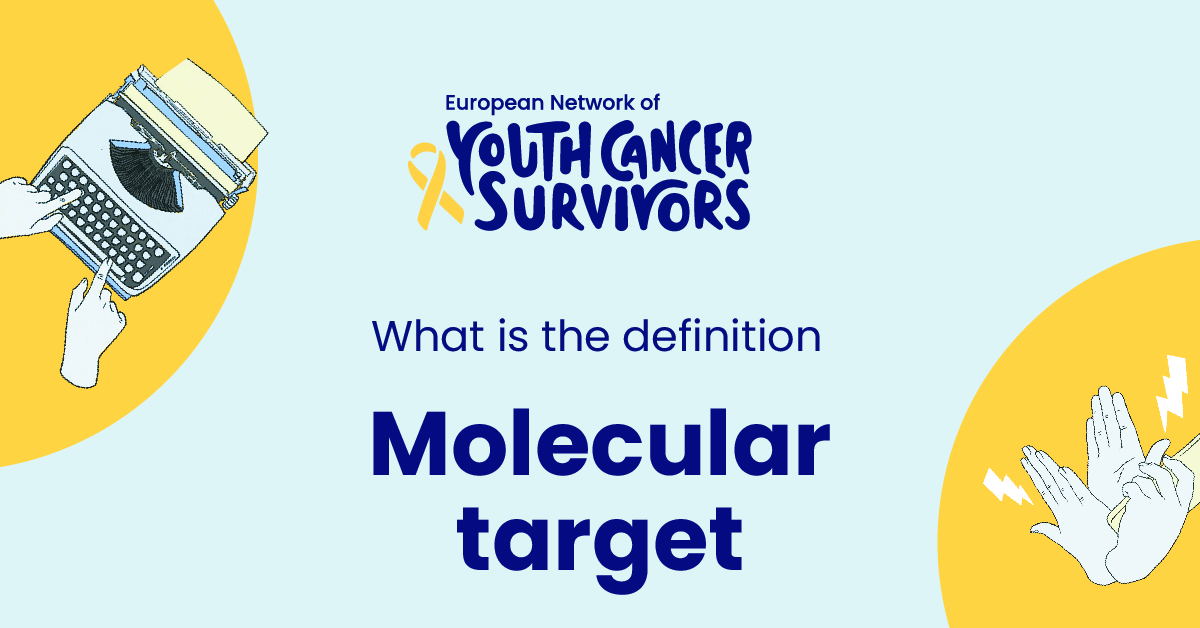
In the diverse field of biological sciences, understanding the intricate connections between numerous molecules within our bodies is a significant endeavor. Among these, the concept of a “molecular target” is of particular significance. It not only forms the backbone of our understanding of biology at a molecular level but also has far-reaching implications in the arena of healthcare and drug development. This article delves into the specifics of the molecular targets, their role in biology, and their embrace into the healthcare industry.
Understanding Molecular Target and its Role in Healthcare
To kick off, let’s comprehend what exactly a molecular target is. A molecular target can be broadly defined as any biological entity, such as a molecule or a cell, which can interact with certain substances to achieve a specific biological effect. They are often the focus of scientific research, especially in the areas of biochemistry and genetics.
The significance of molecular targets in scientific research cannot be understated. Investigating molecular targets helps us gain a deeper insight into the functionality of various biological processes, often leading to breakthroughs in our understanding of diseases and how they can be tackled.
The Role of Molecular Targets in Biology
Within the intricate landscape of biology, molecular targets play an indispensable role. They are closely intertwined with numerous cellular processes. From regulating cellular functions to stimulating or inhibiting metabolic pathways, molecular targets are highly crucial.
One of the most important areas where molecular targets showcase their significance is within the interactions they have with proteins and genes. They are key players in protein-protein interactions and help in controlling the expression of genes. This in turn aids in the maintenance and regulation of cellular homeostasis which is crucial for the survival of cells and organisms as a whole.
Molecular Target in Healthcare: Drug Discovery and Development
Molecular target research has proven to be a boon for the healthcare industry, particularly in the domain of drug discovery and development. Medications often work by interacting with a molecular target, thereby modifying its behavior, and consequently resulting in a therapeutic effect.
In addition to this, molecular targets are heavily involved in the burgeoning field of personalized medicine. Here, the knowledge of a person’s specific molecular target profile is used in tailoring therapies that are specifically directed toward their unique genetic makeup. This approach has the potential to largely improve the efficacy and safety of medical treatments.
Case Studies: Impact of Molecular Target Research
In recent years, there have been numerous breakthroughs in molecular target research. For instance, research by the National Cancer Institute and the University of California found new molecular targets for certain types of lung cancer, paving the way for more effective treatments.
These advancements in molecular target research are monumental and hold immense potential in improving healthcare. They provide hope for more efficient and precise treatments, leading to enhanced patient outcomes and even potential cures for certain diseases.
Get to know us better
If you are reading this, you are in the right place – we do not care who you are and what you do, press the button and follow discussions live

Advancements and Challenges in Molecular Target Research
Technological advancements have been a major catalyst in pushing the boundaries of molecular target research. Sophisticated computational tools and cutting-edge microscopes, for example, have provided researchers with unprecedented access to molecular interactions.
However, as with any scientific endeavor, there are potential barriers and ethical considerations that must be acknowledged. These include the high cost of research, the potential misuse of genetic information, and unanswered questions about the long-term effects of modifying molecular targets.
Conclusion
In a nutshell, molecular targets are deeply involved in regulating our biological processes and have become an indispensable part of the healthcare industry. While the road ahead is filled with immense potential, it is also paved with viable challenges that must be overcome. Nevertheless, the future definitely looks promising for the field of molecular targets.
Frequently Asked Questions (FAQs)
- What is a Molecular Target in the context of a disease?
In the context of a disease, a molecular target is the specific site or mechanism that is affected by the disease. Drugs are developed to interact with these targets to inhibit or promote their activity, thereby treating the disease.
- How does Molecular Target research contribute to drug discovery and development?
Molecular target research is crucial in drug discovery as it helps identify the specific cell or molecule that a potential drug can interact with to yield a therapeutic effect. Once a suitable target has been identified, drugs can be developed or modified to interact with it effectively.
- Can Molecular Targets lead to personalized medicine?
Yes, Molecular Targets can certainly lead to personalized medicine. By understanding an individual’s unique molecular target profile, medical treatments can be tailored specifically for their genetic makeup, thus improving safety and efficacy.
- What are some recent advancements in Molecular Target research?
Recent advancements include the discovery of new molecular targets for conditions such as lung cancer and Alzheimer’s disease, the development of computational models to predict molecular interactions, and the use of cutting-edge imaging technologies to visualize molecular processes in real time.
- What are potential ethical considerations in Molecular Target research?
Ethical considerations include the potential for misuse of personal genetic information, the high cost of research and development, questions over the long-term effects of modifying molecular targets, and issues related to patient consent and autonomy in genetic testing and personalized medicine.






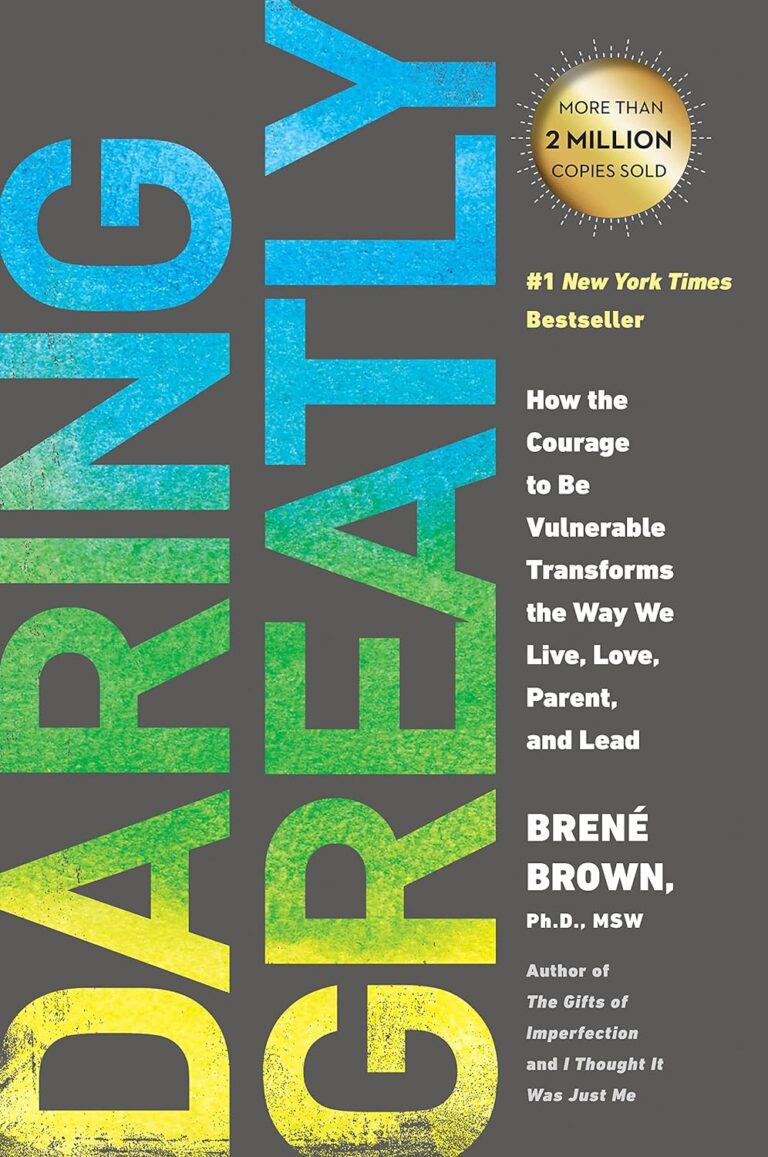
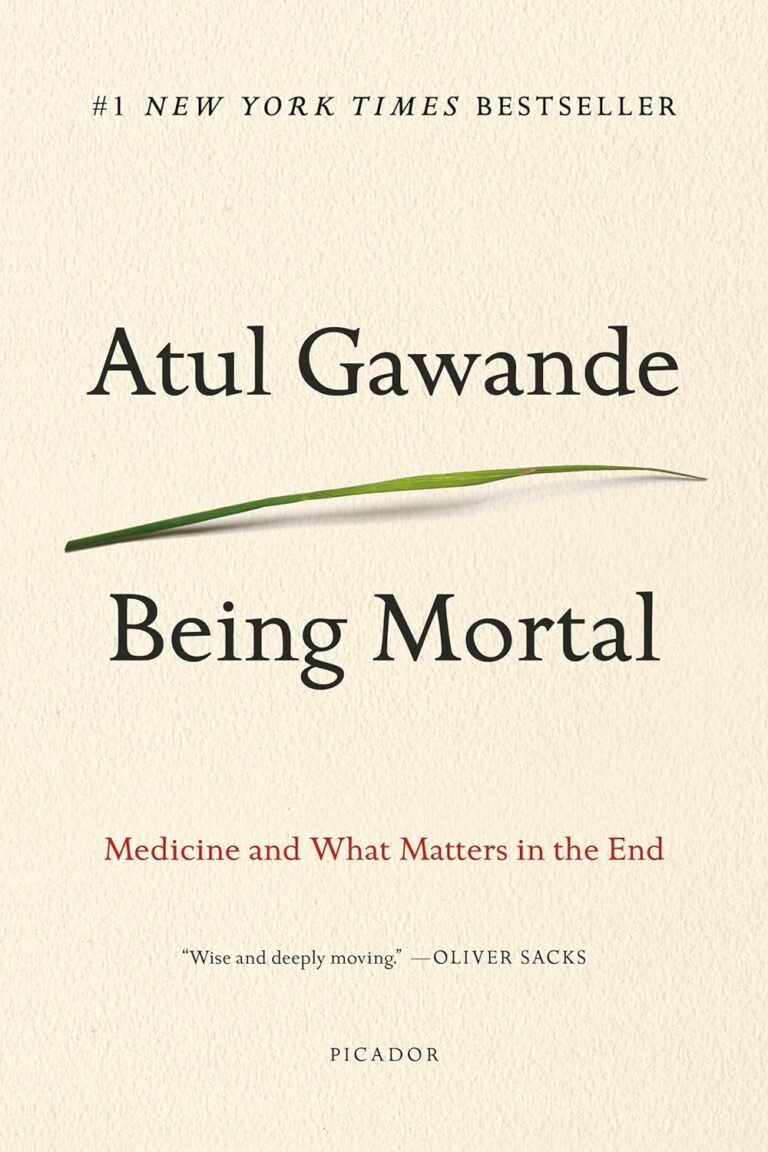
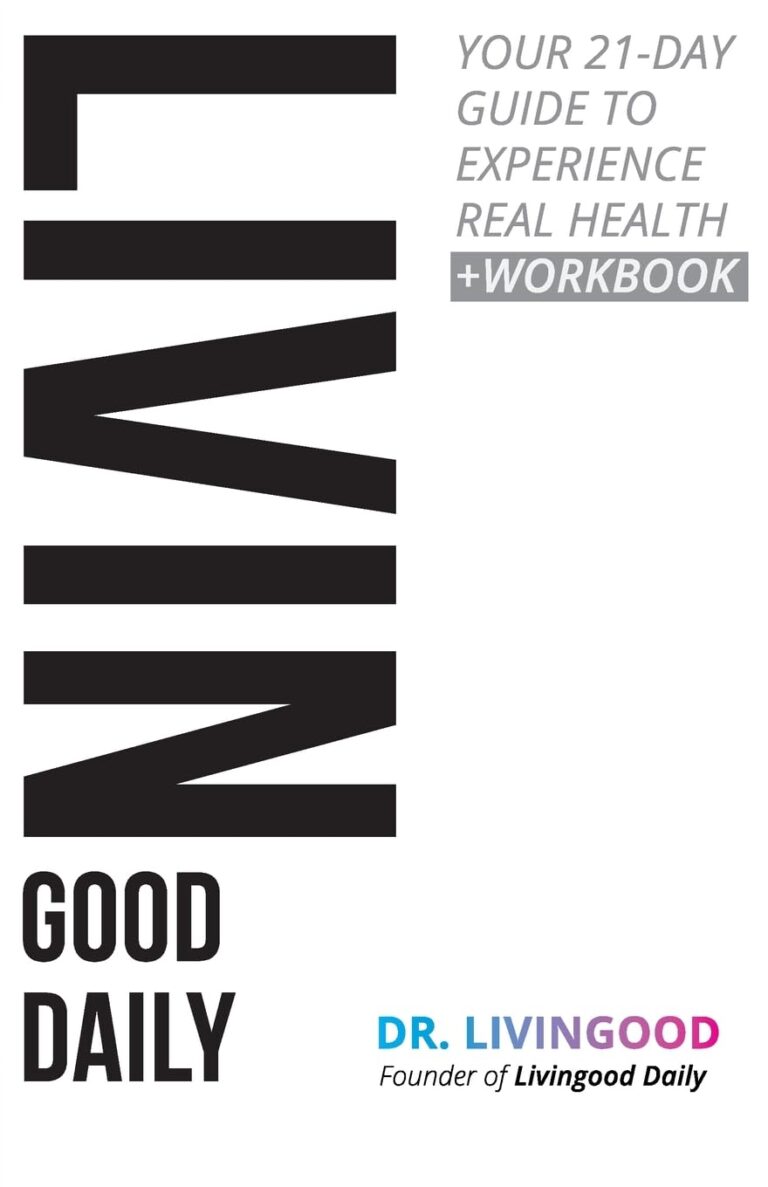




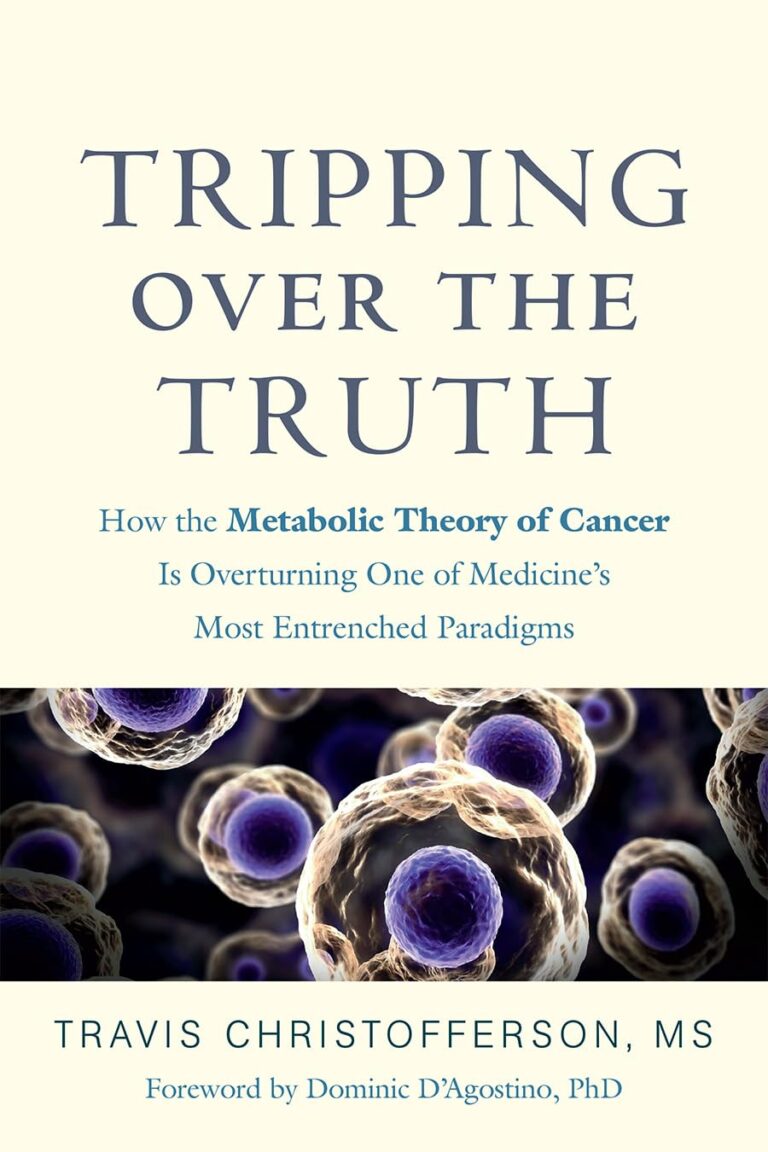
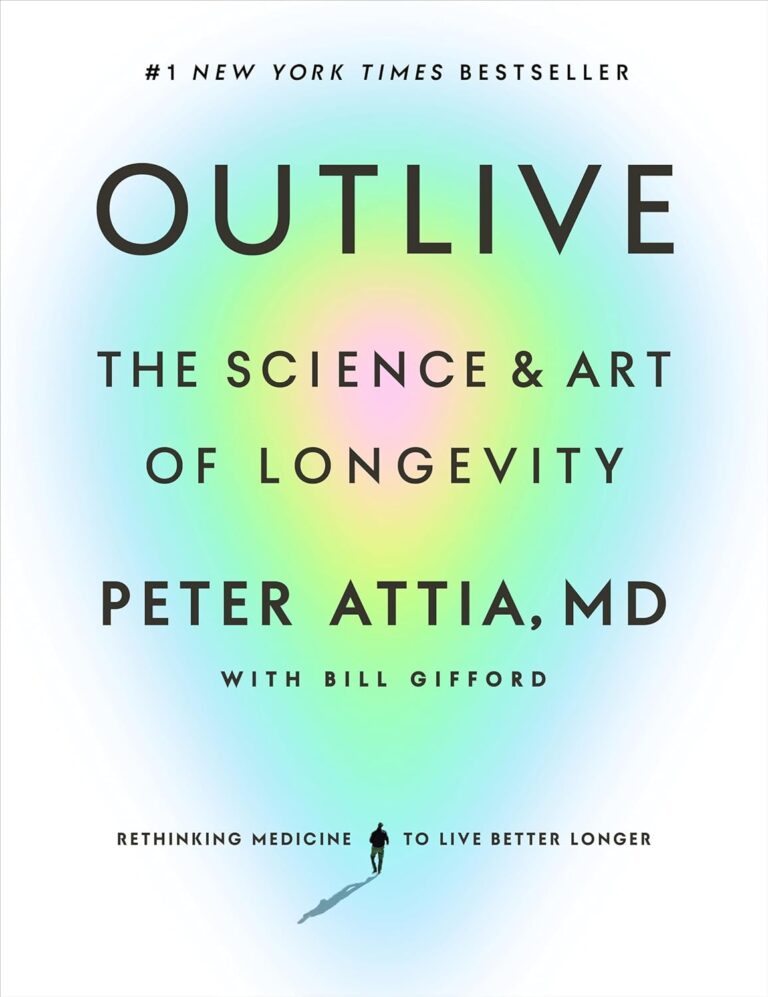


Comments
Thank you. Comment sent for approval.
Something is wrong, try again later